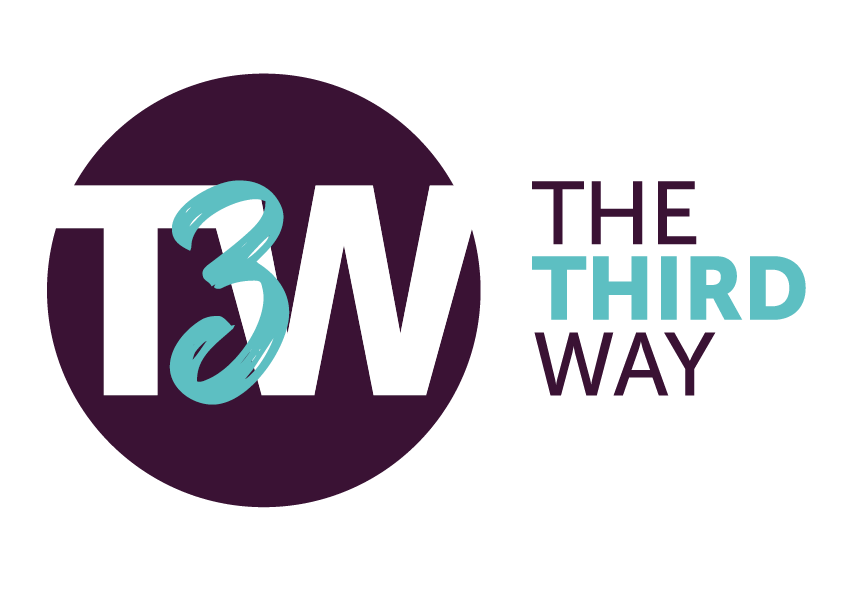The Balance Sheet
5 Topics | 1 Quiz
The Profit and Loss Account
3 Topics | 1 Quiz
Types and Kinds of Costs
- Cost of goods sold: As the term already explains, this cost item holds all costs concerning the goods a company sells. When the company buys and resells products, it will be finished products. In case of a production company, it will be all resources and raw materials.
- Services: The cost of services and various goods purchased by the company for its business operations. These include the cost of workers which are not on the company’s payroll.
- Salaries: Here we find the salaries and all the related costs, such as the taxes which need to be paid on salaries.
- Depreciation: As fixed assets are used for several years, their cost will be spread over this lifetime. The yearly amount taken into costs is called depreciation. It will be discussed in more detail in the next topic.
- Amortisation: Amortisation is similar to depreciation. With the difference that an amortisation is when a current asset loses value mostly unexpectedly.
For example: the products in the supermarket which are over their expiration date and can’t be sold any more. Or an invoice from a client who has gone bankrupt and won’t be paid any more. In both cases we book an amortisation. - Provisions: Is about budgeting a provision for future costs. You put some money aside for future expenses, this is seen as an act of good management. Sometimes provisions are exaggerated in order to diminish the profit of the year and having to pay less taxes.
An example of provisions: Imagine that a company carries out large scale maintenance on its machinery every five years. According to the matching principle it’s wrong to assign the maintenance costs entirely to the year in which the maintenance is carried out. - Financial costs: The main cost is the interest paid on debts. Remember that dividends are not booked as a financial cost but as an allocation of the result.
- Exceptional costs: These are costs which are not related to the core activities. For example: selling a building with a loss.
Direct costs versus overhead
- Direct costs are costs which can be attributed to the production of goods or the rendering of a service.
- Indirect costs/overhead are those costs which cannot be traced back to a particular product, activity, department or even a project.
Fixed costs versus variable costs
Fixed cost are the types of business costs which do not vary with the number of goods or services produced by the company. In other words, these are not dependant on the output.
Variable costs, as the name suggests, are unlike fixed costs and fluctuate on the level of production. These types of business costs change upon the quantity of the products or the services that the company renders. Variable costs increase as the production volume increases and as the production volume decrease variable costs go down.
Depreciations (investments) – spreadable costs
Fixed assets are used for a number of years. It would not be fair to include the purchase of a fixed asset in the profit calculation of only one year. We take only the part that has been used in the P&L, this is the depreciation. In other words, depreciation is the expensing of a fixed asset over its useful life.



